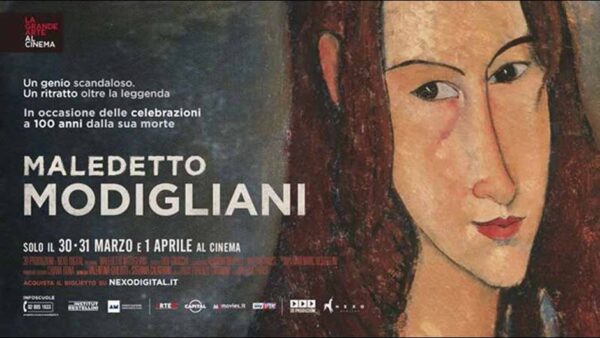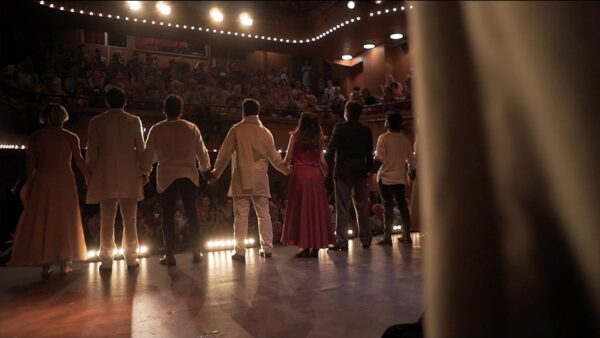My role: Associate producer
Rai 3 (Italy)
For more than half a century, Carlo Levi’s unforgettable memoir, Christ Stopped at Eboli, has nourished an image of Basilicata as an impoverished, desolate and inaccessible region–to the point where this image has instilled a deeply rooted prejudice. It is seen as a land so hostile and wild that all are discouraged from penetrating it.
In truth, few people know that, today, this small southern region (with a population of 600,000–less than some neighborhoods in Rome) is potentially one of the richest areas of Italy, if not all of Europe. An internal gross produce higher than central Italy’s, a birthrate of new business ventures comparable to some of Italy’s most developed areas, and the complete absence of organized crime have transformed Basilicata (or Lucania, the city’s ancient Latin name) into a kind of oasis in southern Italy.
The reason behind this rash growth is the discovery of crude oil in the small town of Aliano. In Val d’Agri, two of the biggest oil deposits in the world contain enough “black gold” to cover at least ten percent of the national requisite, with an energy savings of at least 15 million Euros. The discovery, which took place in 1990 but was not officially announced until years later, is inciting a bona fide revolution– both psychological and socio-economic–as well as conflicts between those with delusions of instant wealth and others concerned about environmental damage. Oil, Miracles and Stones chronicles the clash between those who seek instant riches and those determined to preserve the integrity of their land.





